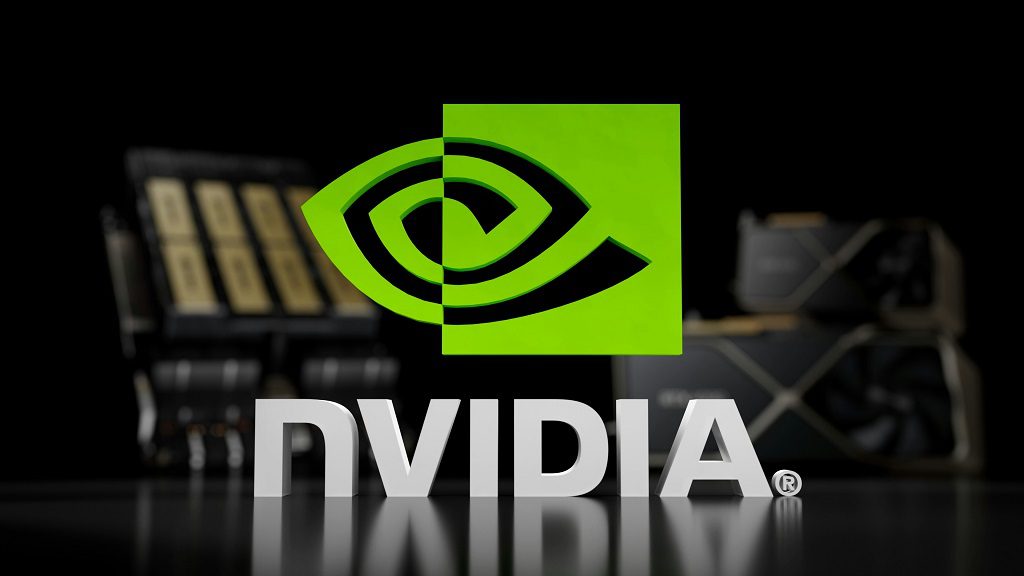
Twitter Open-Sources its Recommendation Algorithm
Twitter has recently announced that it has open-sourced its recommendation algorithm, fulfilling a promise made by Elon Musk. The decision comes as part of Twitter’s efforts to increase transparency and collaboration with external researchers and developers.
The recommendation algorithm is a key feature of Twitter’s platform, driving personalized content recommendations for users. With the algorithm now open-sourced, external researchers and developers will be able to better understand how it works and potentially propose improvements to its functionality.
Furthermore, Twitter’s decision to open-source its recommendation algorithm is significant in the context of ongoing debates around the role and responsibility of tech companies in shaping public discourse. The use of algorithms to personalize content recommendations can have a profound impact on the types of information that users are exposed to, and can influence their beliefs and attitudes.
Most of the recommendation algorithm will be made open source today. The rest will follow.
Acid test is that independent third parties should be able to determine, with reasonable accuracy, what will probably be shown to users.
No doubt, many embarrassing issues will be… https://t.co/41U4oexIev
— Elon Musk (@elonmusk) March 31, 2023
By making the recommendation algorithm open source, Twitter is not only enabling external researchers and developers to propose improvements, but it is also providing greater transparency around the criteria used to generate content recommendations. This could help to mitigate concerns around potential biases in the algorithm and ensure that the recommendations are fair and impartial.
Twitter’s decision to open-source its recommendation algorithm also has implications for the broader tech industry. It could inspire other tech companies to follow suit and make their algorithms more transparent and accountable to the public. It could also stimulate a greater interest in AI research and development, particularly in the area of ethical and responsible AI.
It will be interesting to see how other tech companies respond to Twitter’s decision to open-source its recommendation algorithm, and whether this move will spur greater openness and collaboration in the development and use of AI algorithms more broadly. As AI continues to play an increasingly prominent role in our lives, it is important that we prioritize transparency, accountability, and collaboration in the development and use of these technologies.



